Banker’s Notes by Tom Hankard
Everyone is worried about their private, personal information. And who wouldn’t be!?
No one wants their dirty laundry aired out for everyone to see! The same goes for your personal demographic information. Your social security number, your account numbers, your medical history. Those things are personal and private!
After all of the recent data breaches (Target, Michael’s, Sally Beauty Supply – and who could forget TJ Maxx a few years back) it’s always good to remind ourselves ways in which to keep our information private – even if we weren’t affected.
Our opinions are backed up by fact. Sixty-seven percent of over 1,000 people surveyed in a 2013 survey by the company Unisys called “Consumers Are Worried About Identify Theft,” are concerned about the safety of their financial information. Eighty-three percent of those same surveyed worry about identity theft and almost the same amount of people (82%) worry about credit card theft.
The Federal Trade Commission (www.consumer.gov) as well as this article are great resources to help prevent and recover from identity theft. Here are another few ideas:
– Never throw out receipts or bills
- I am amazed on how many times I see people throw out their receipts in the garbage pail near our ATM. Most financial institutions don’t print full account numbers on receipts. However, if people ask for their balance, it gets printed on their receipts. Never throw out sensitive information in a public receptacle. Shred all sensitive paperwork before disposing!
– Always monitor your transaction history
- Online banking is a great, free way to check your balance and transaction history. Most banks and credit unions now have Mobile and Text Banking as well as 24-Hour Telephone banking. These ways enable account holders instant “real-time” access to their account.
– Sign up for paperless statements
- At first thought you may think this makes you more susceptible to identity theft – think again! All statements need to legally print your full account number and detailed information for all of your transactions. Do you want that stuff floating around in the mail if you didn’t have to?
Financial institutions constantly monitor their firewalls and encryption systems to make sure hackers don’t enter. All paperless statements (sometimes called eStatements) need to be opened and viewed under an encrypted system – not over email (which may not be secure).
Tom Hankard is an experienced financial services professional with over ten years’ experience. Tom is the branch manager, loan officer, and mortgage loan originator (NMLS #958692) at the Winthrop Federal branch of Webster First Federal Credit Union at 15 Woodside Avenue in Winthrop Center. To give Tom feedback, he can be reached directly at 508-671-5116 or thankard@websterfirst.com. The opinions expressed in this article are exclusively of the author.




